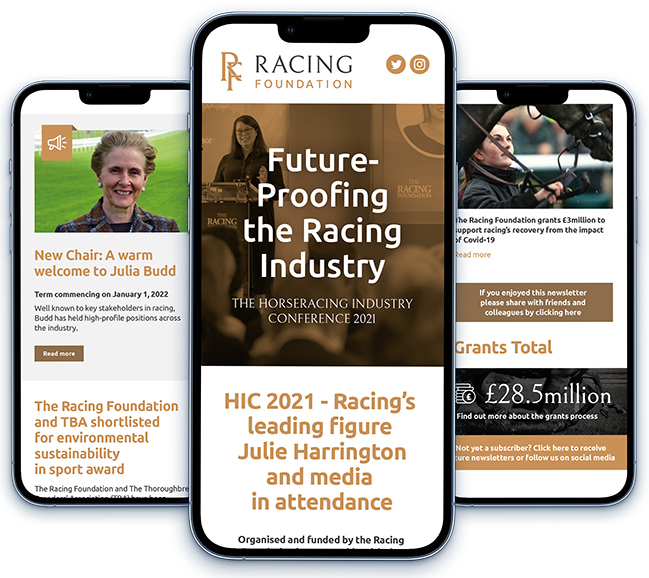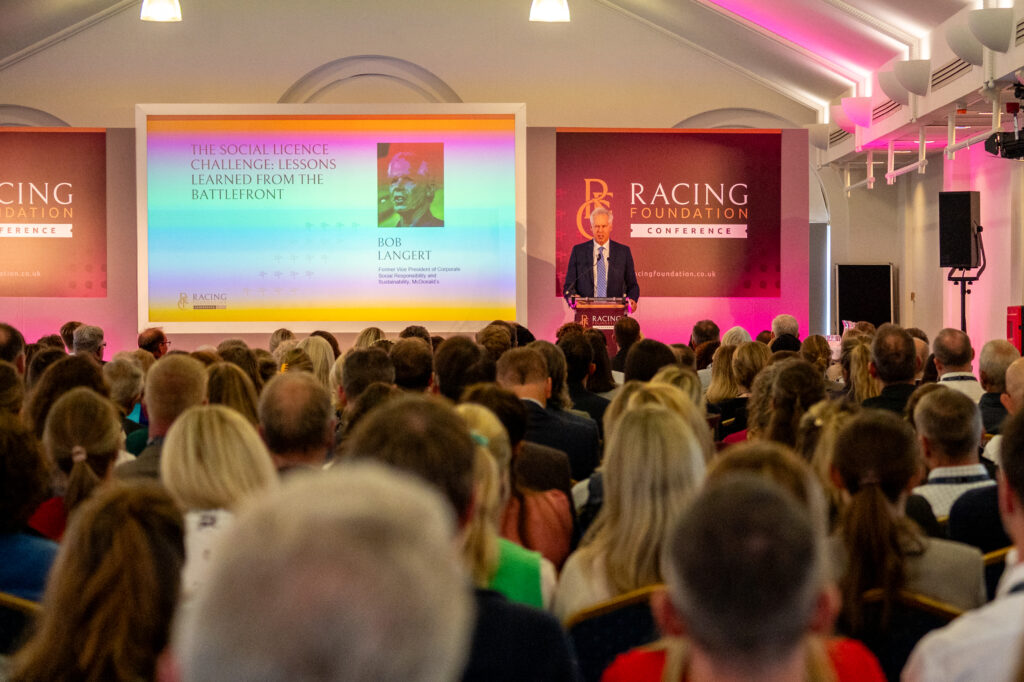
We use cookies to help you navigate efficiently and perform certain functions. You will find detailed information about all cookies under each consent category below.
The cookies that are categorized as "Necessary" are stored on your browser as they are essential for enabling the basic functionalities of the site. ...
Necessary cookies are required to enable the basic features of this site, such as providing secure log-in or adjusting your consent preferences. These cookies do not store any personally identifiable data.
Functional cookies help perform certain functionalities like sharing the content of the website on social media platforms, collecting feedback, and other third-party features.
Analytical cookies are used to understand how visitors interact with the website. These cookies help provide information on metrics such as the number of visitors, bounce rate, traffic source, etc.
Performance cookies are used to understand and analyze the key performance indexes of the website which helps in delivering a better user experience for the visitors.
Advertisement cookies are used to provide visitors with customized advertisements based on the pages you visited previously and to analyze the effectiveness of the ad campaigns.
Other cookies are those that are being identified and have not been classified into any category as yet.

The Racing Foundation will be hosting its annual conference on Thursday 2nd October 2025 at York Racecourse.
The conference gathers stakeholders from across horseracing to build understanding and prompt collaboration around some of the industry’s key challenges. All those working in or on the periphery of the sport are welcome to attend. More information regarding the event, including the agenda and the link to purchase tickets, will be available in the coming weeks on this page and via the Racing Foundation newsletter and social media pages.
Sign up to the newsletter here.

All are welcome to join us for a day of learning, challenge and debate.
Notifications